India proposes law to sack ministers facing criminal charges
Indian Home Minister Amit Shah, who introduced the bill, said the government wanted the "value of ethics to increase".
.png) Lok Sabha / X@LokSabhaSectt
Lok Sabha / X@LokSabhaSectt
India's government introduced a bill on Aug. 20 to remove top politicians if they are arrested and detained for 30 days, which opponents called a "chilling" bid to crush constitutional safeguards.
Several of Prime Minister Narendra Modi's opponents have faced criminal investigation or trial in recent years, including two state chief ministers last year.
They include Arvind Kejriwal, then chief minister of the capital Delhi, who spent several months in jail on accusations that his administration received kickbacks from the allocation of liquor licenses.
Also Read: India tightens rules for overseas citizens
He denied any wrongdoing and characterized the charges as a political witch hunt by Modi's Bharatiya Janata Party (BJP) government.
Jharkhand state Chief Minister Hemant Soren, also from the opposition, was arrested and jailed on corruption charges in February 2024, accusations he also denies.
Indian Home Minister Amit Shah, who introduced the bill, said the government wanted the "value of ethics to increase".
The bill would force politicians out of a ministerial post if they were detained for a month and accused of an offence that carries a jail term of five years or more.
India's Association of Democratic Reforms, an organization working on electoral reform, calculated that almost half of the 543 elected national lawmakers had criminal cases against them.
Of those 215 cases, 170 faced serious charges—including rape, murder, attempt to murder, and kidnapping.
"We cannot be so shameless that we face accusations and still remain in a constitutional position," Shah told parliament.
However, John Brittas of the Communist Party of India-Marxist warned that "in an era marked by vindictive politics, where central agencies are deployed against opposition leaders, the provisions will be misused for ulterior motives".
West Bengal state Chief Minister Mamata Banerjee called the bill a "chilling attempt to establish a rule where judicial scrutiny is silenced, constitutional safeguards are dismantled, and the people's rights are trampled".
"This draconian step comes as a death knell for democracy and federalism in India," said Banerjee, who is also from an opposition party.
US think tank Freedom House said last year that Modi's BJP had "increasingly used government institutions to target political opponents".
ADVERTISEMENT
ADVERTISEMENT
E Paper
Video




 AFP
AFP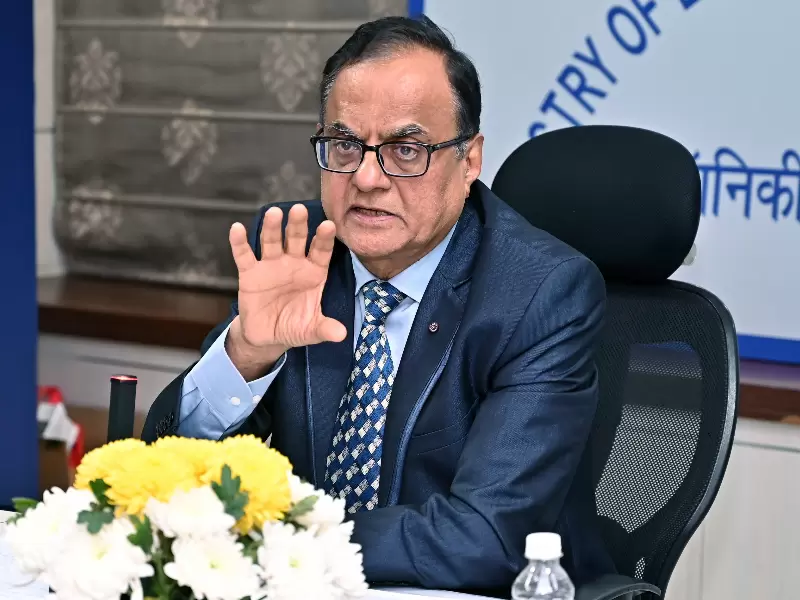
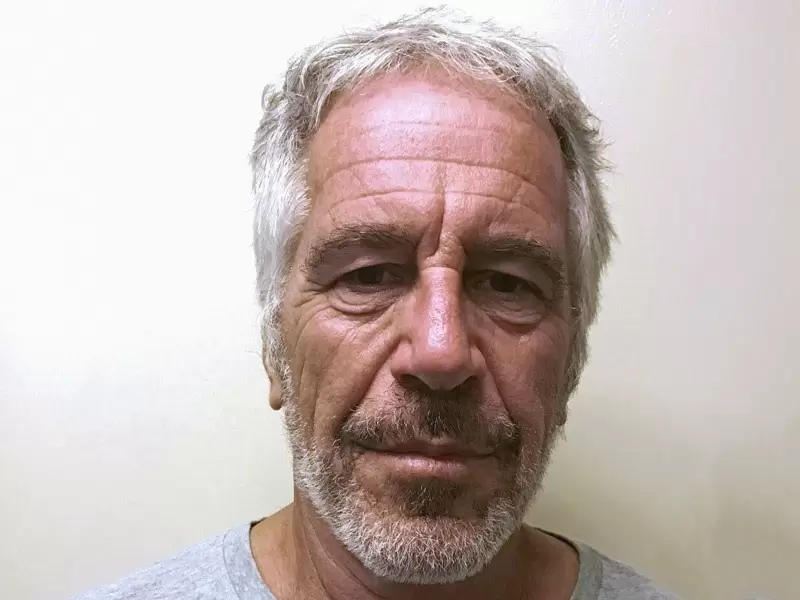
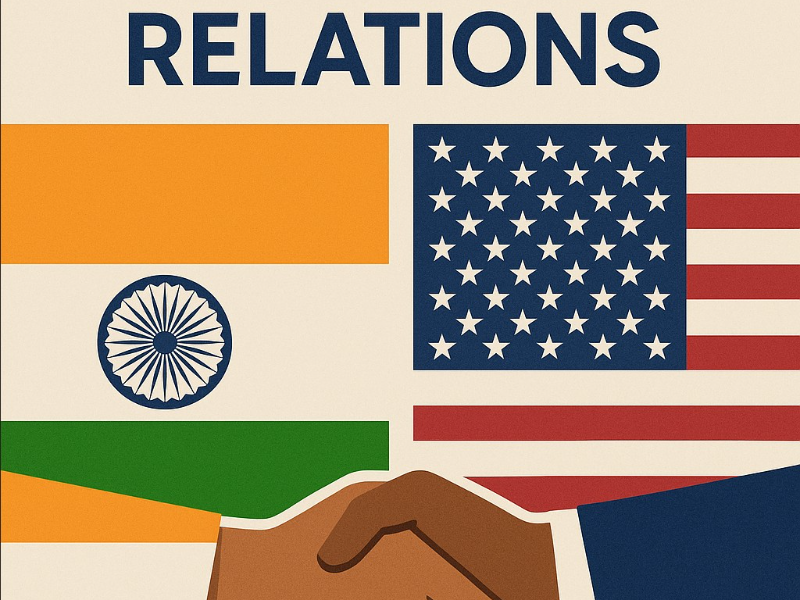
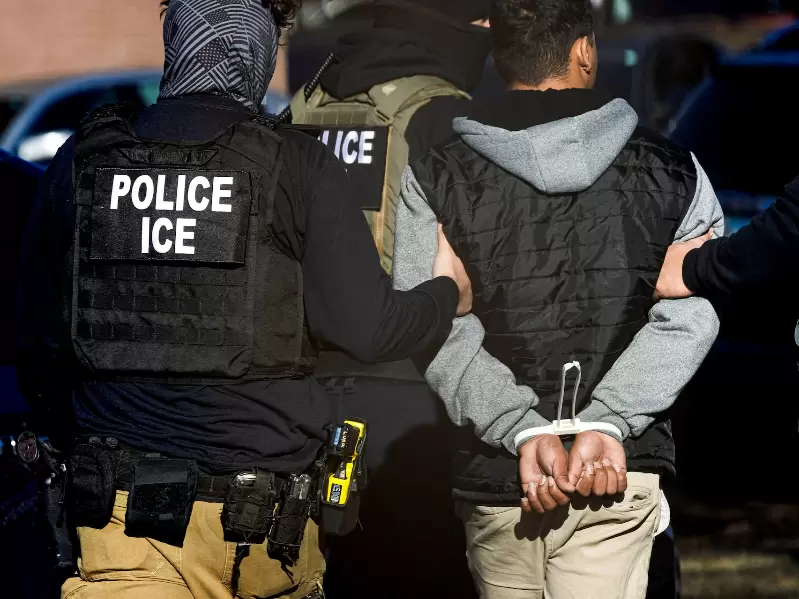
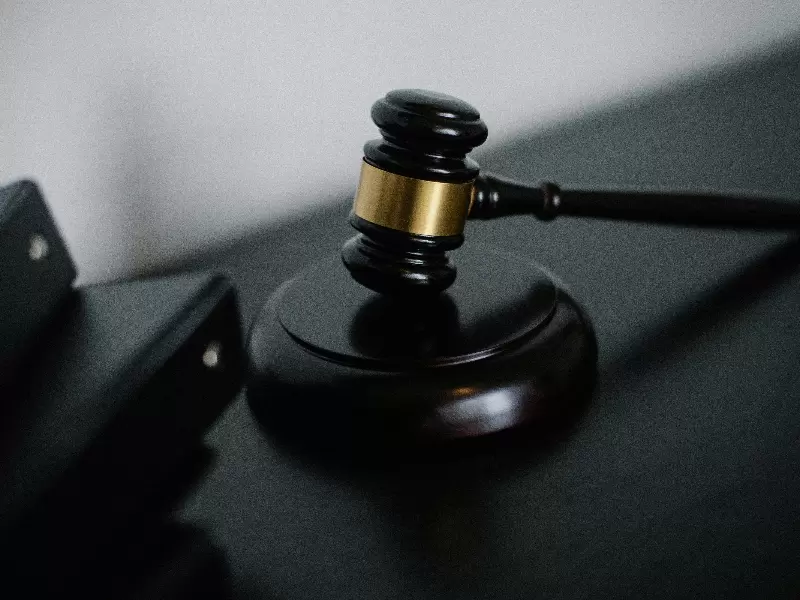
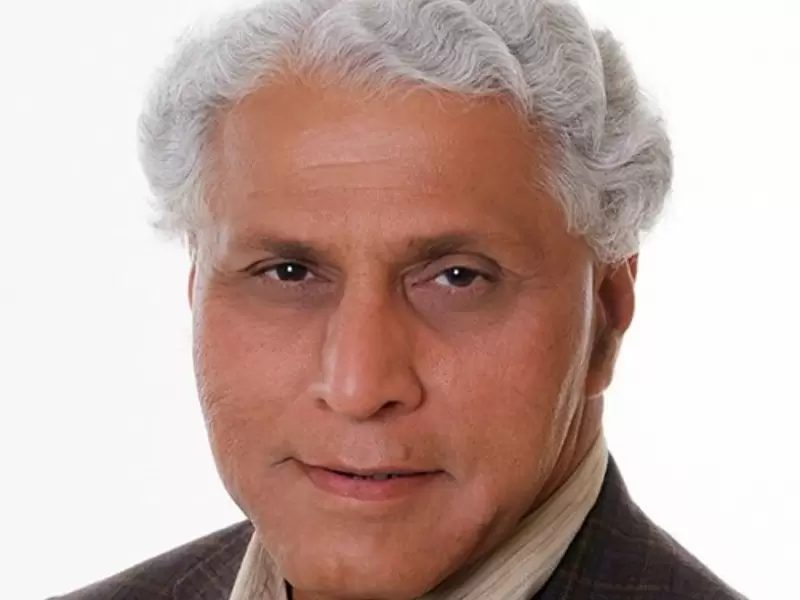
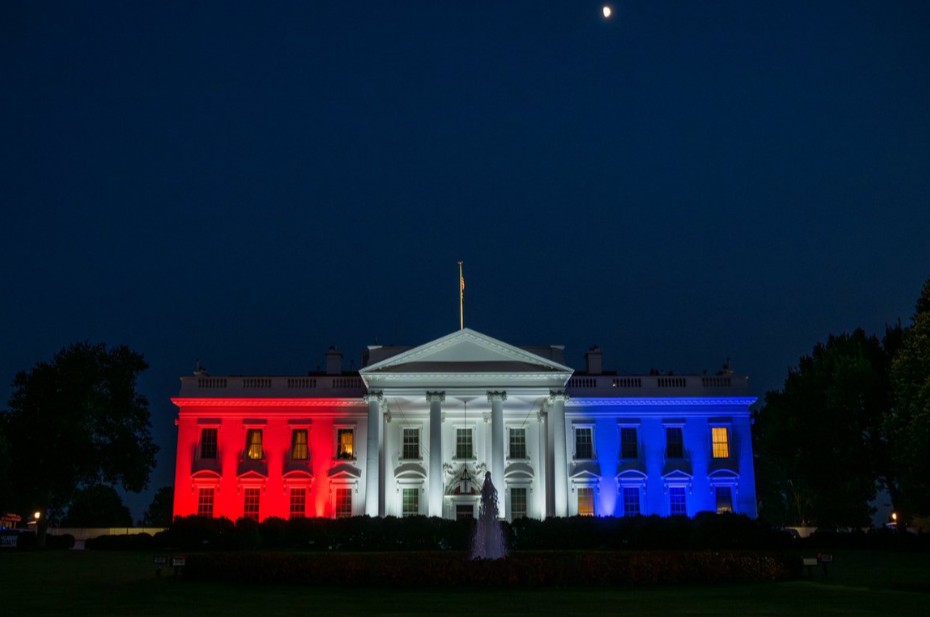
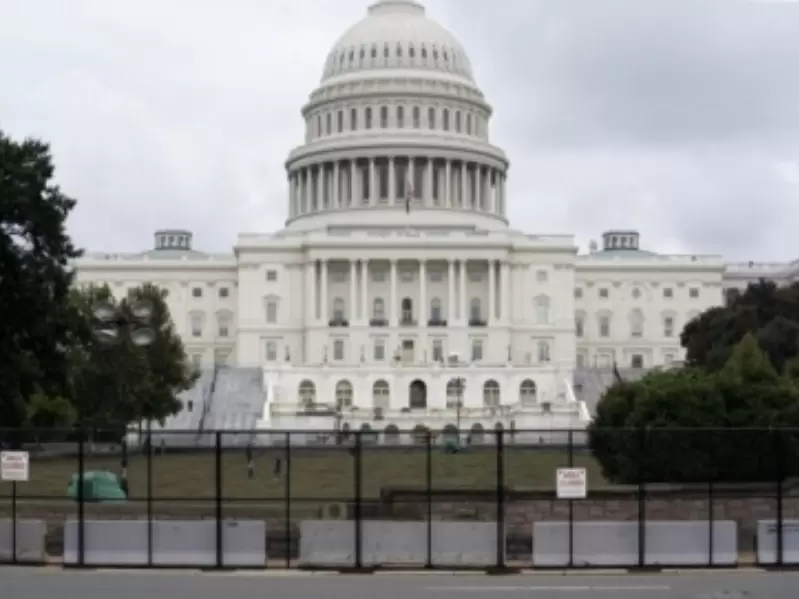
.jpg)
.jpg)
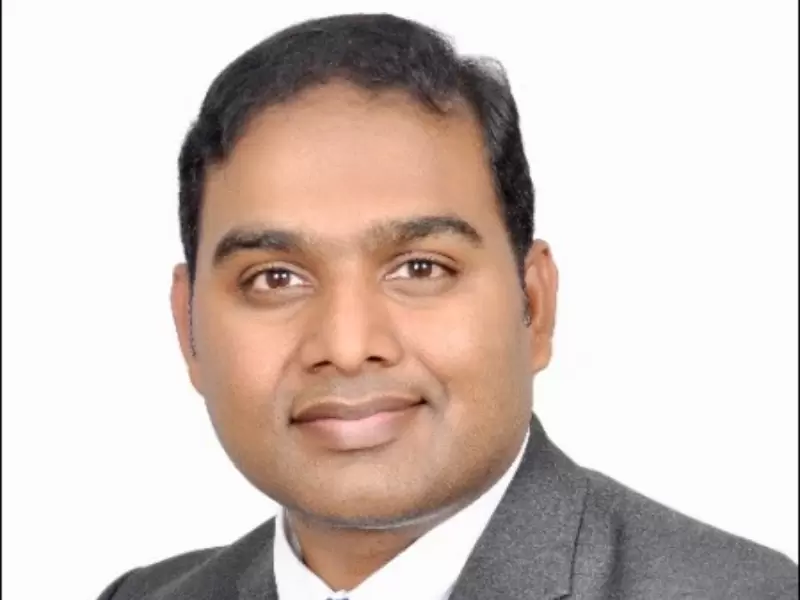



Comments
Start the conversation
Become a member of New India Abroad to start commenting.
Sign Up Now
Already have an account? Login